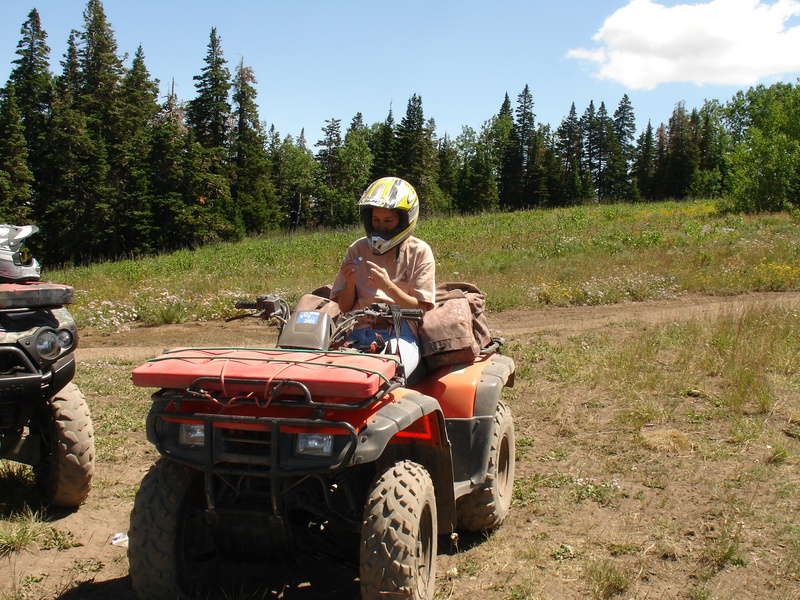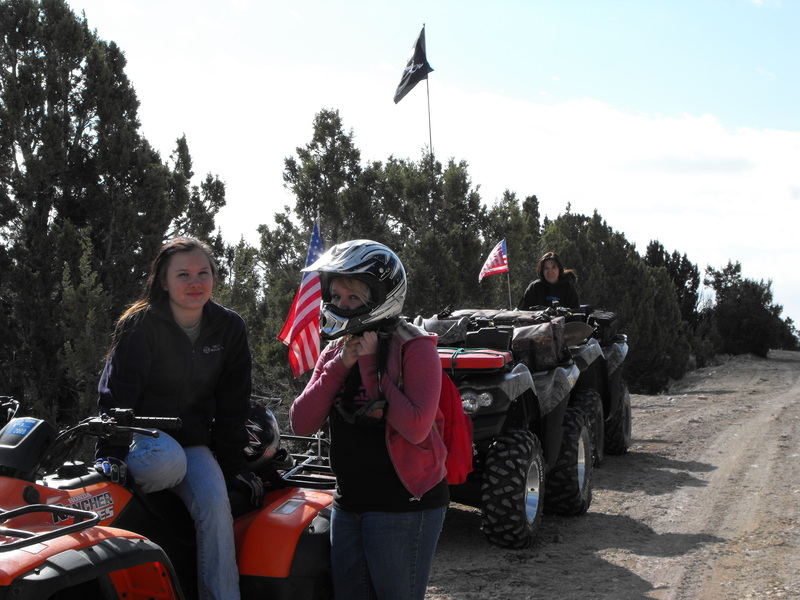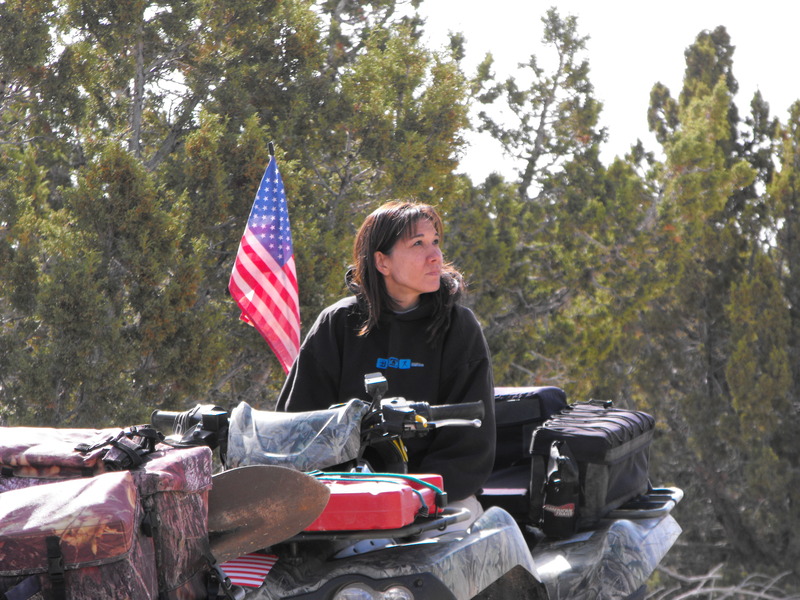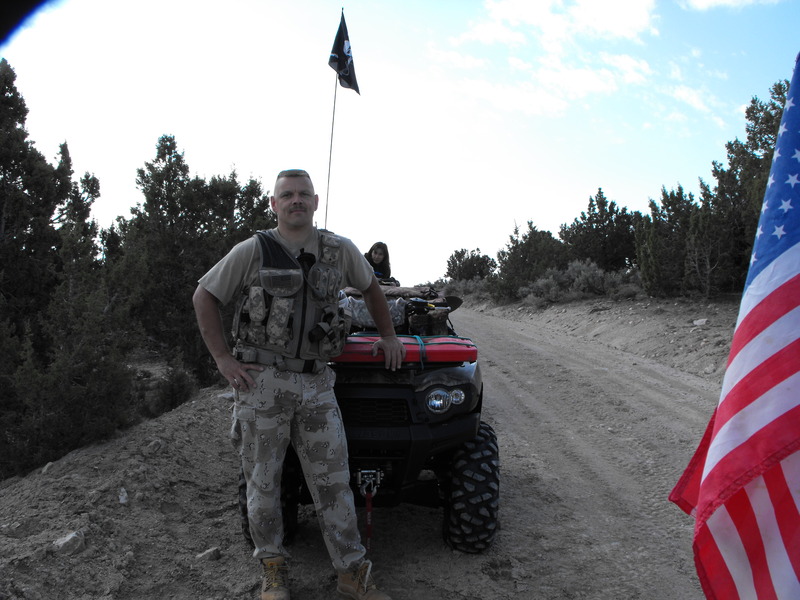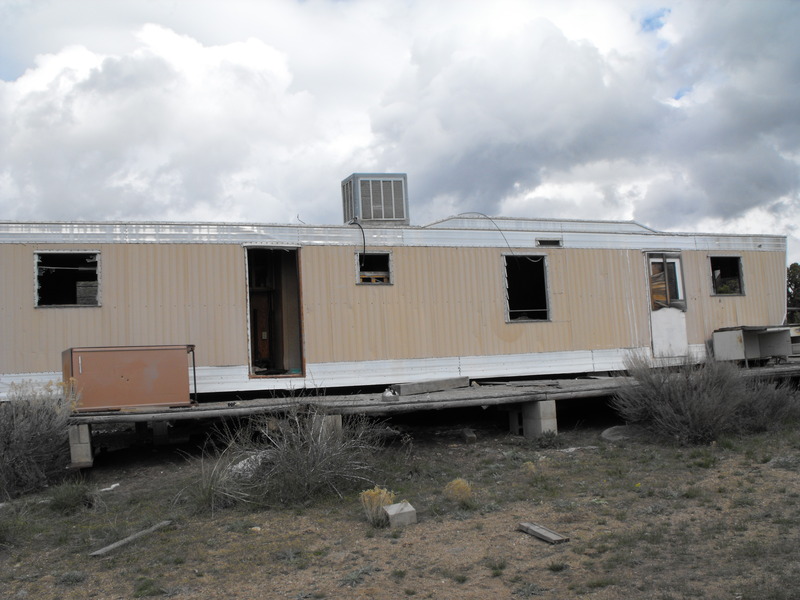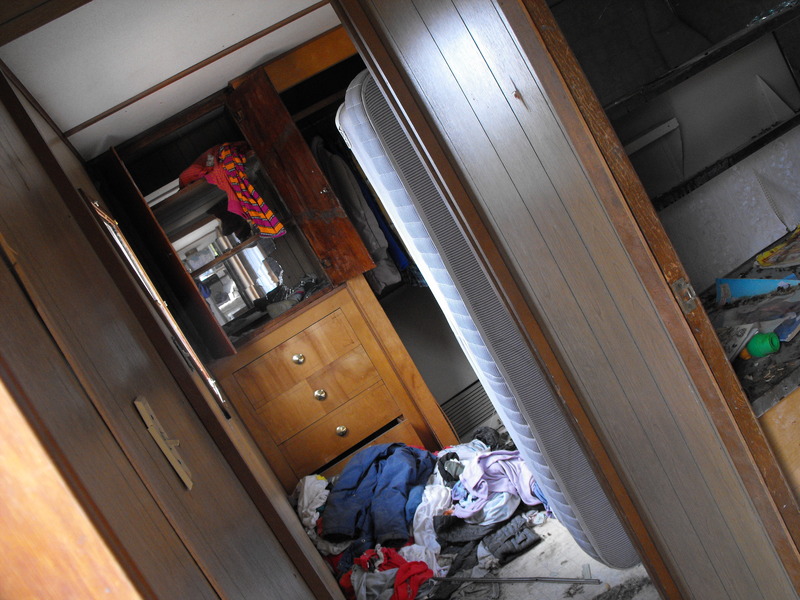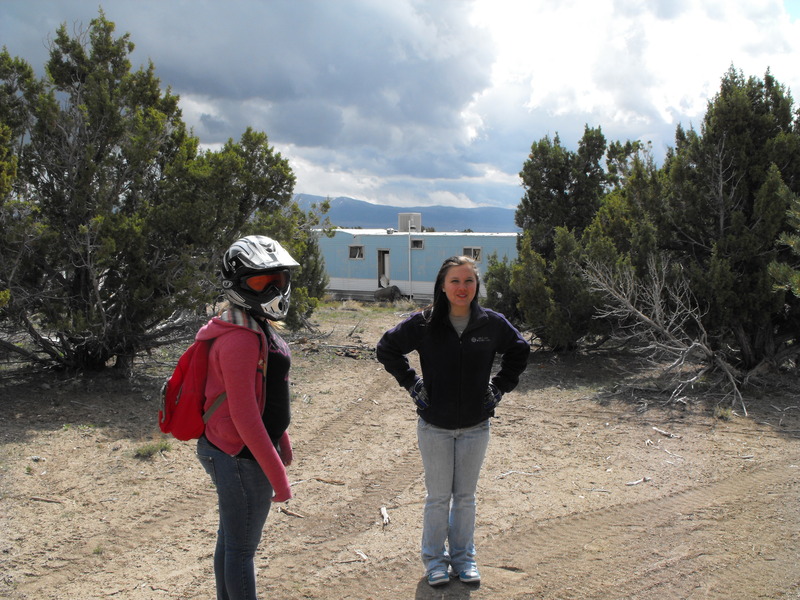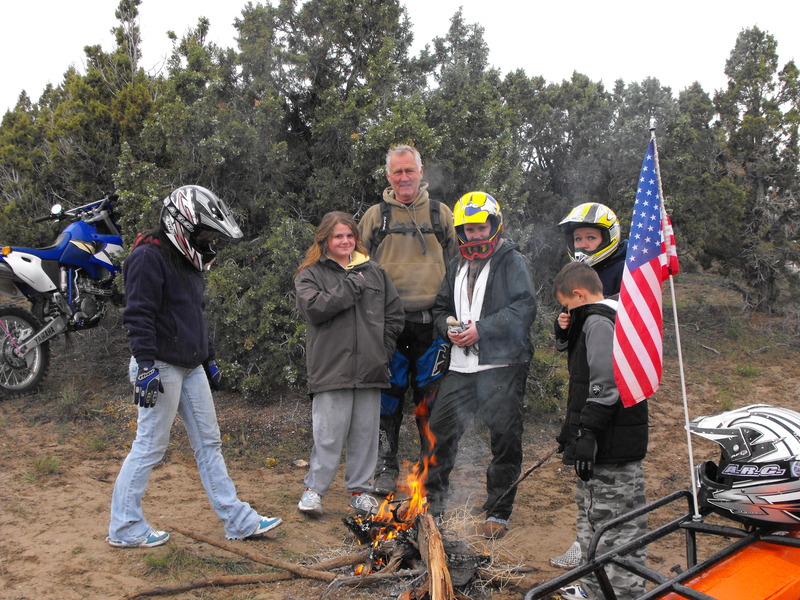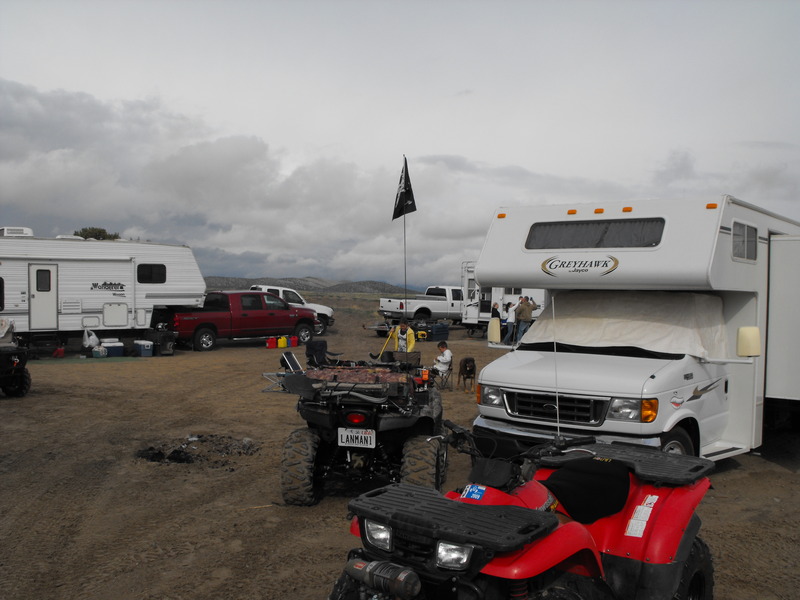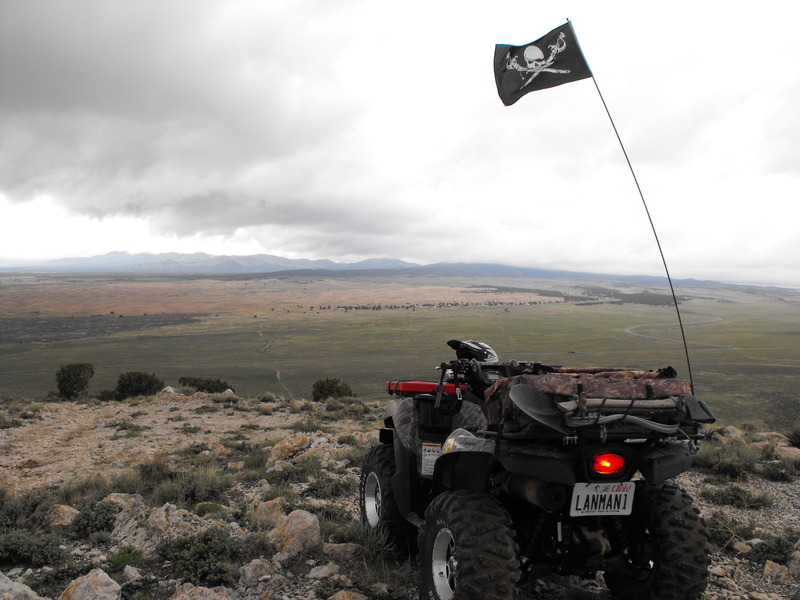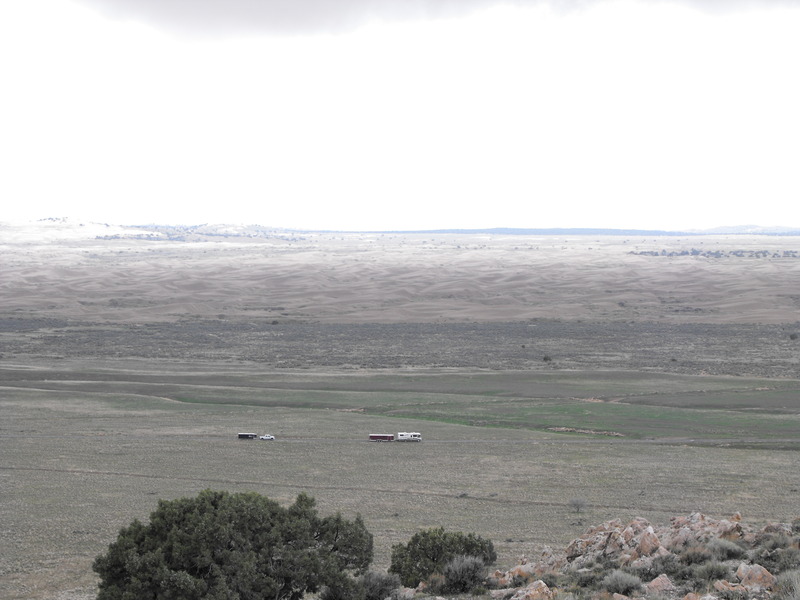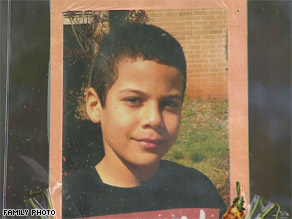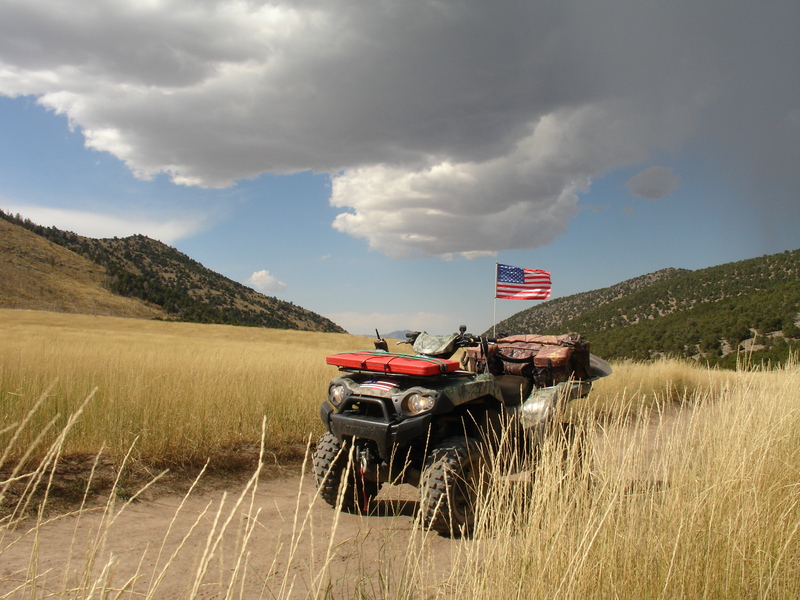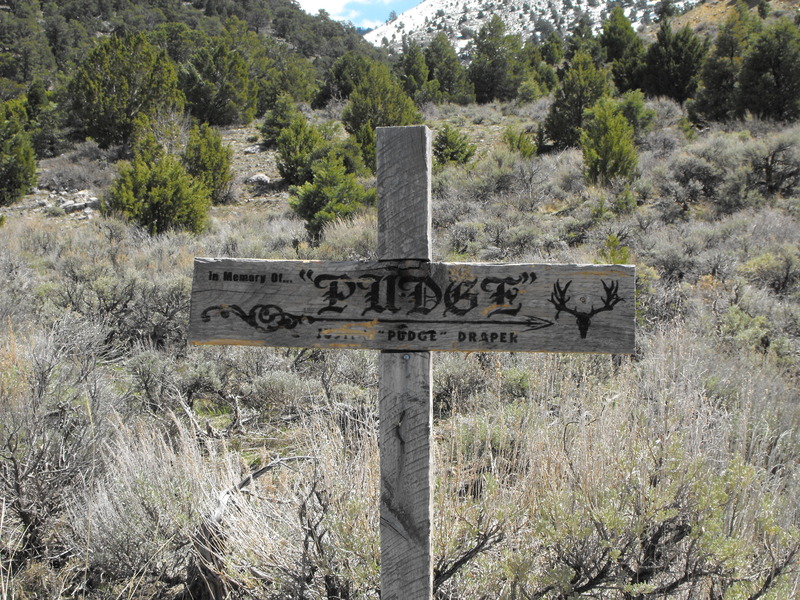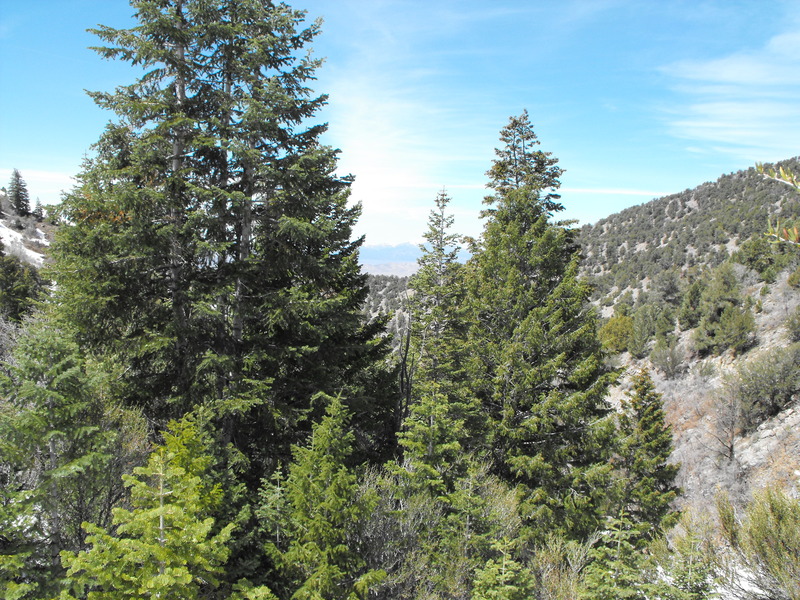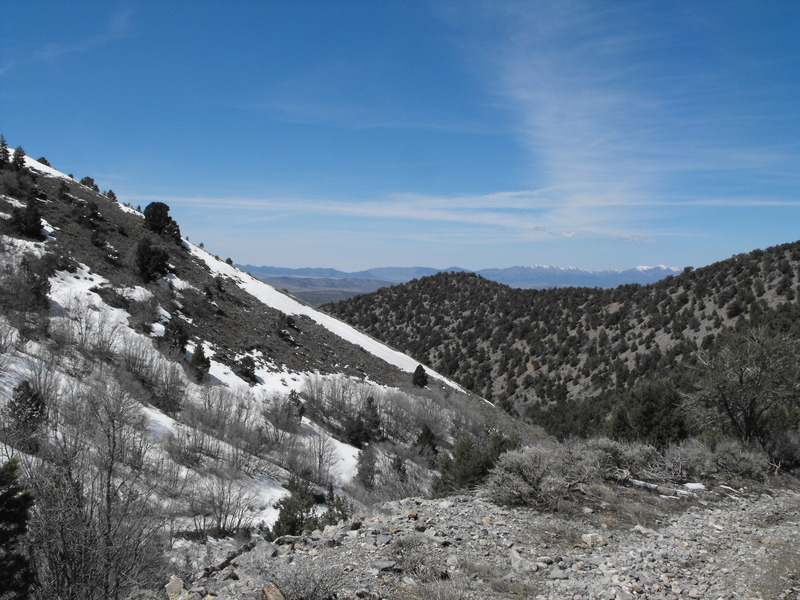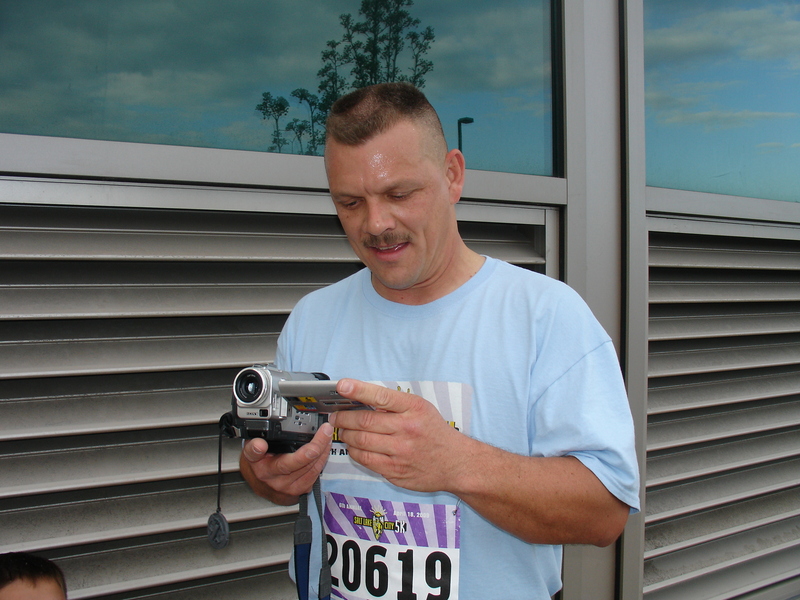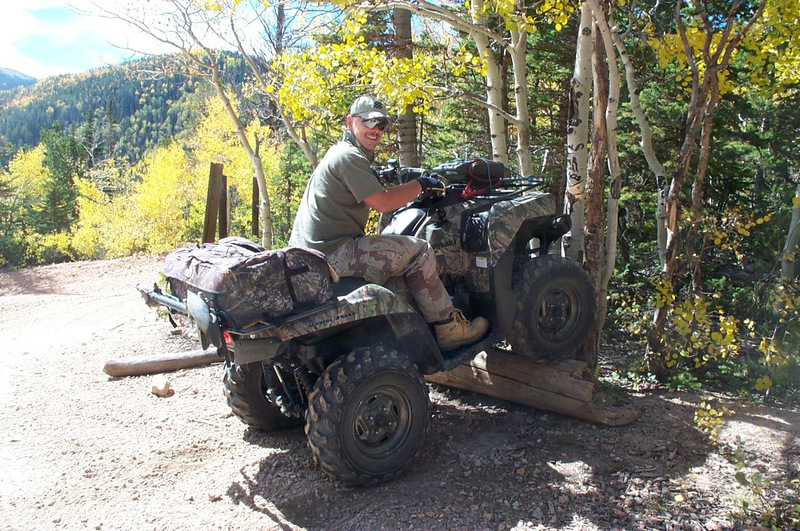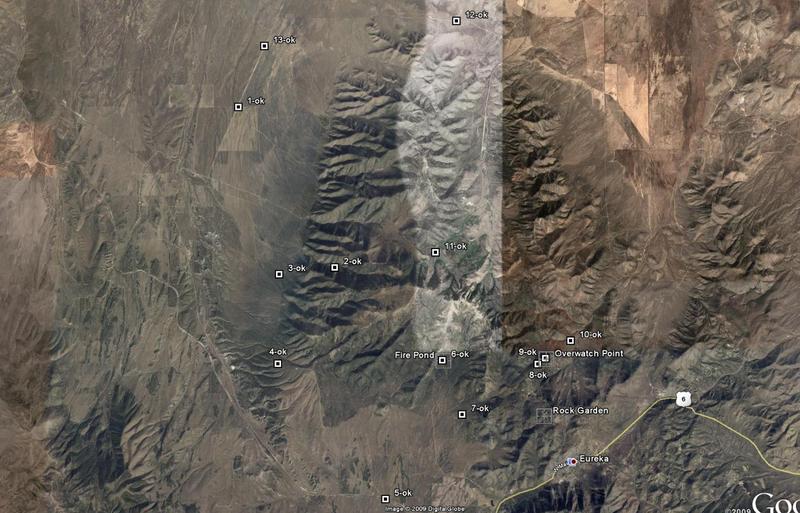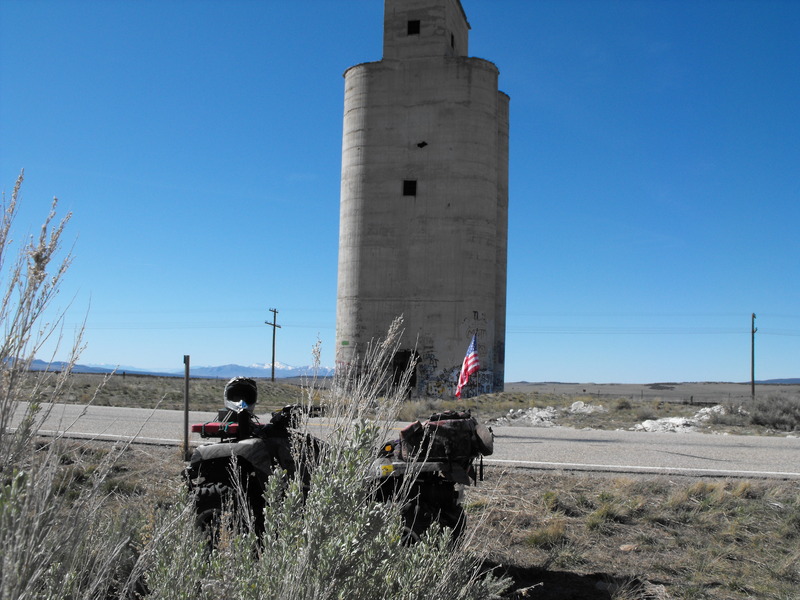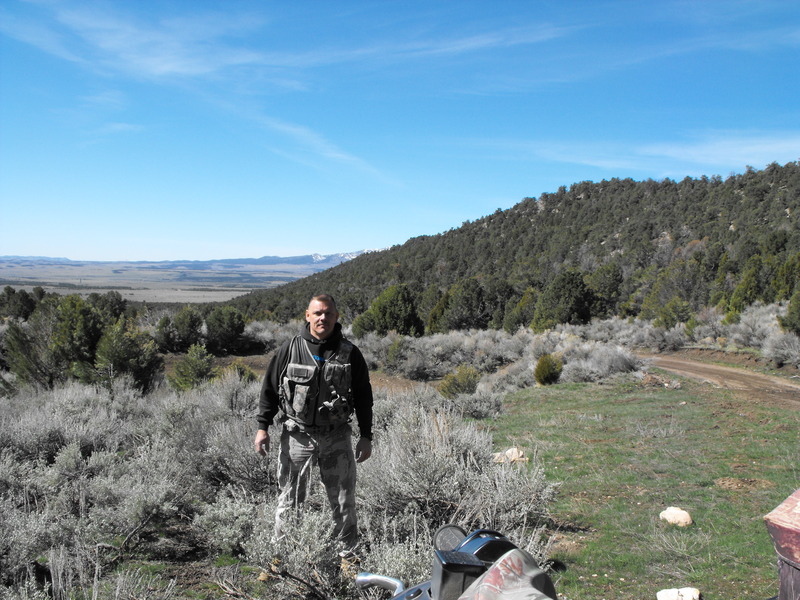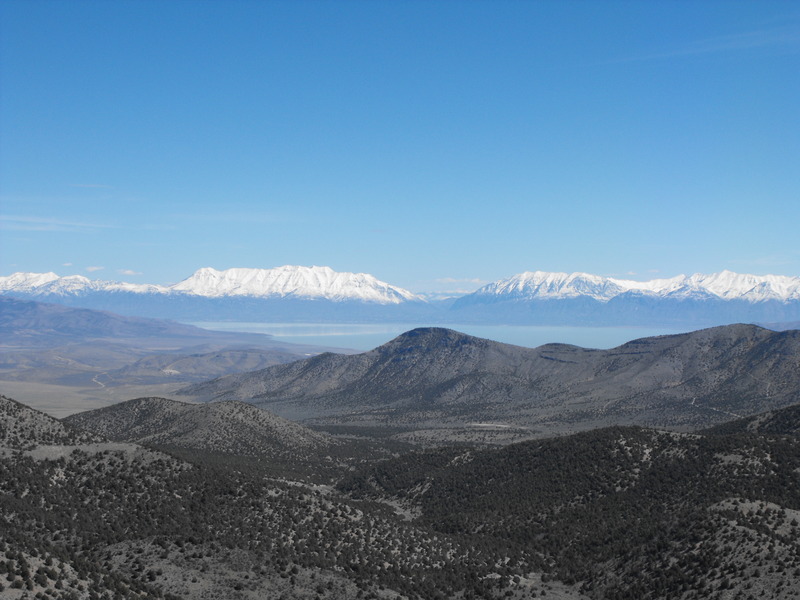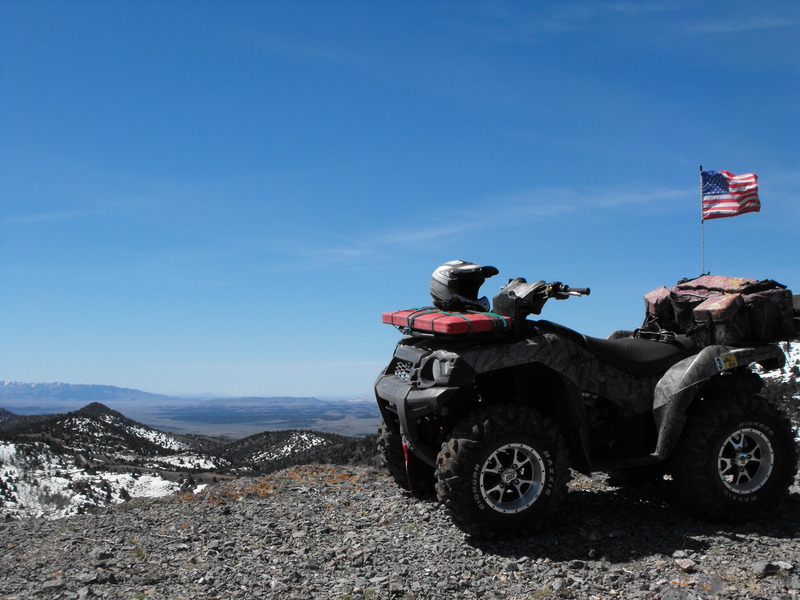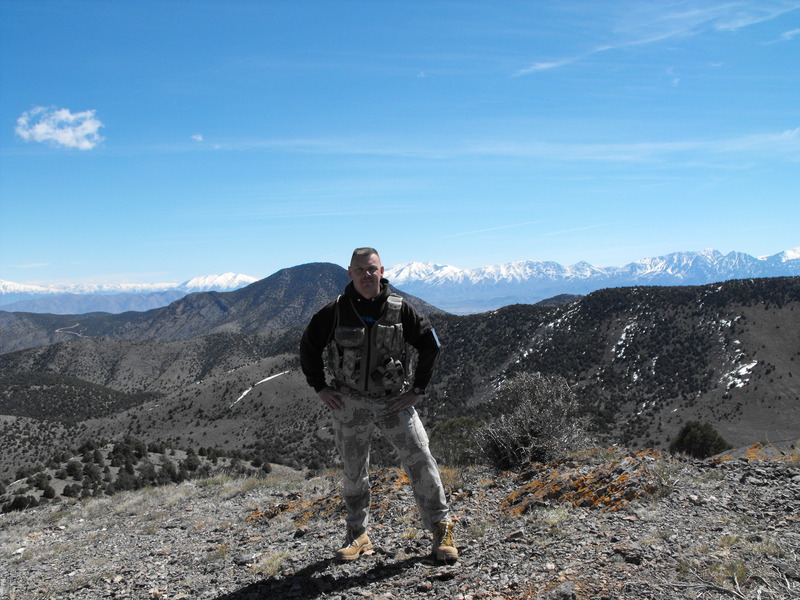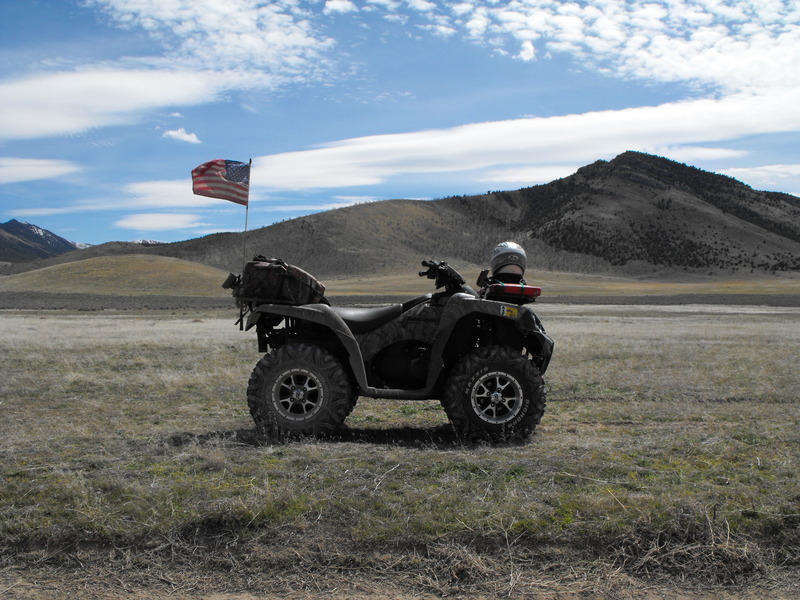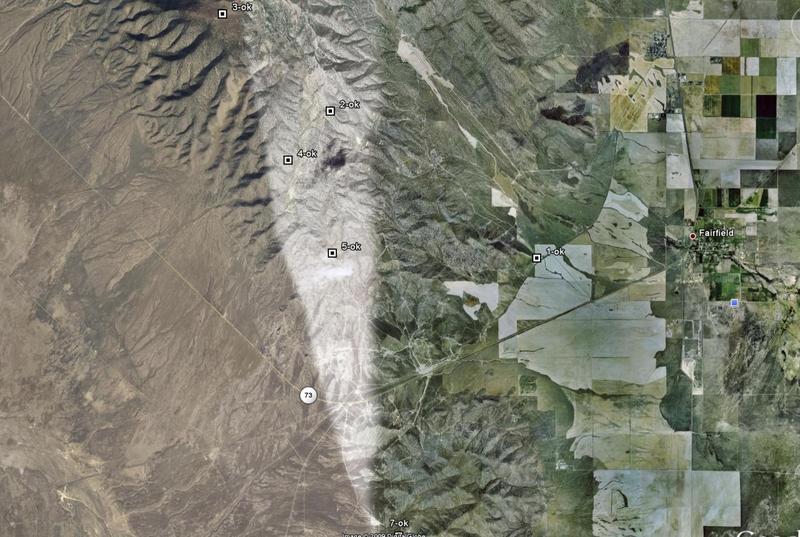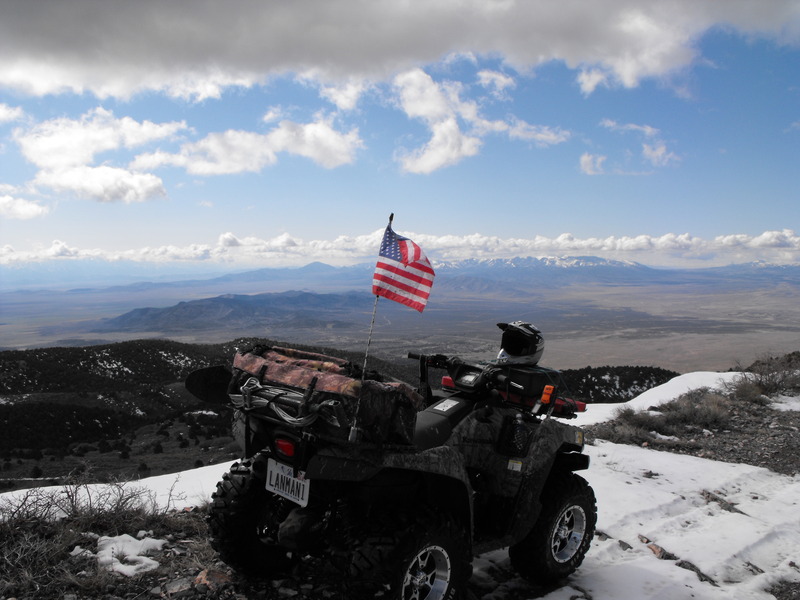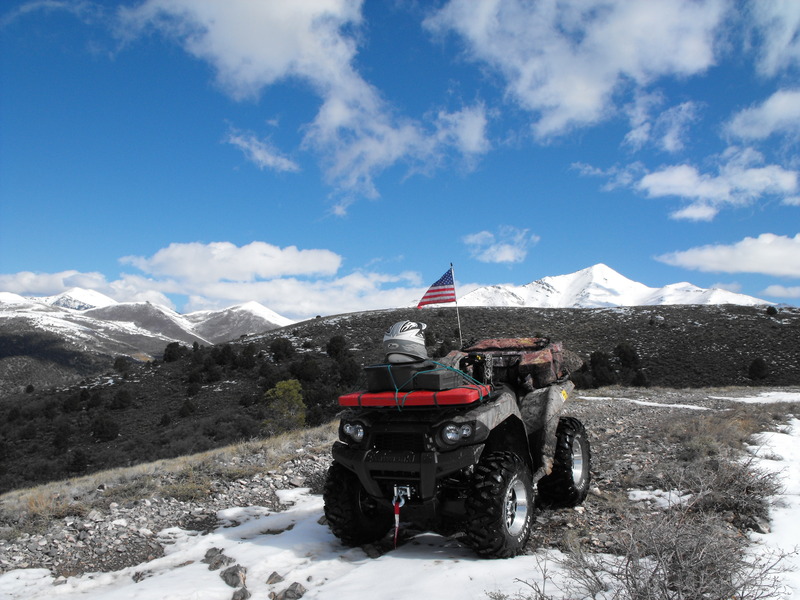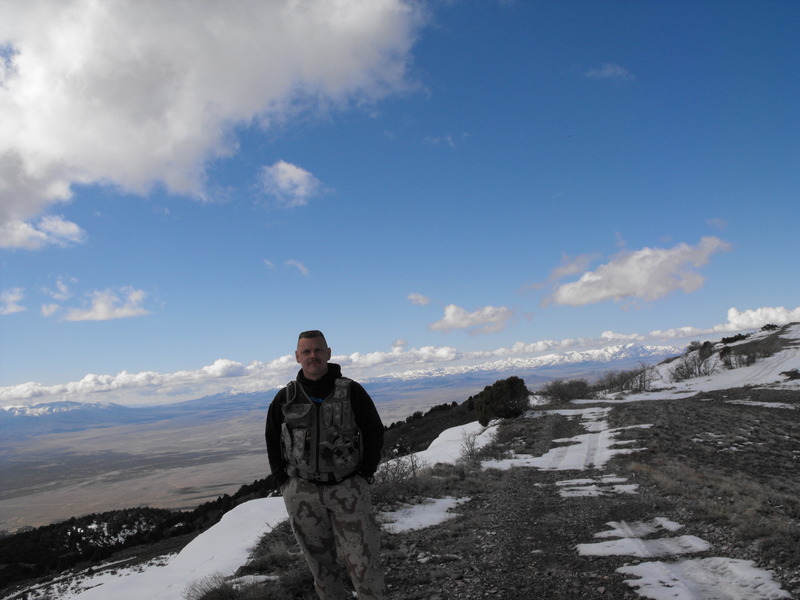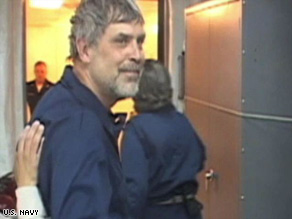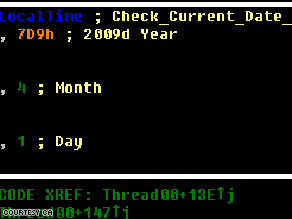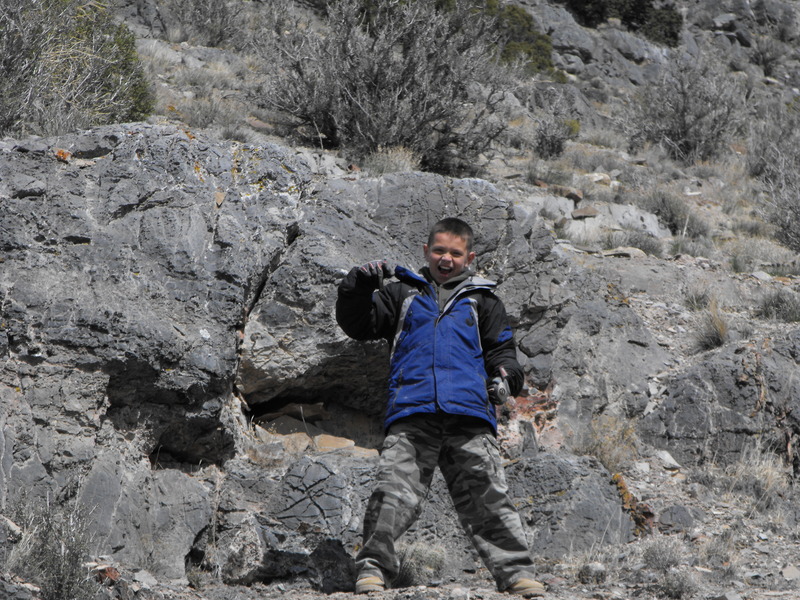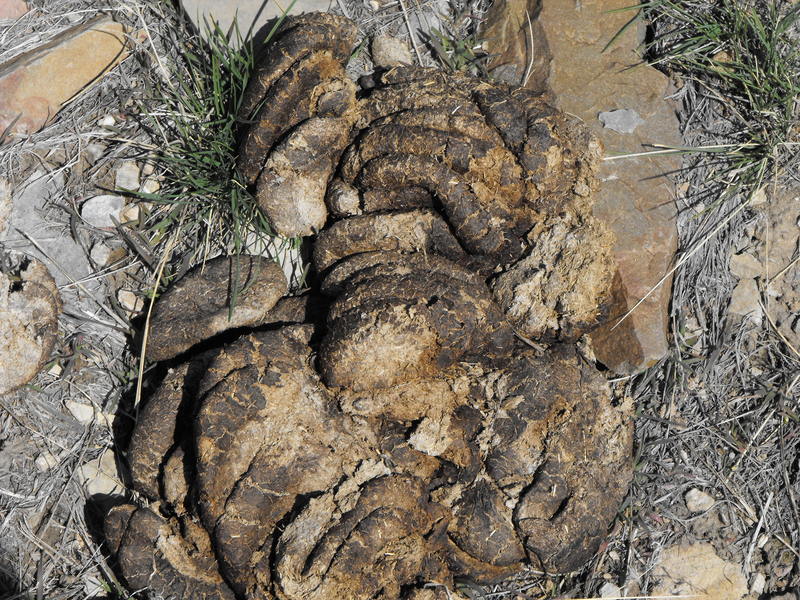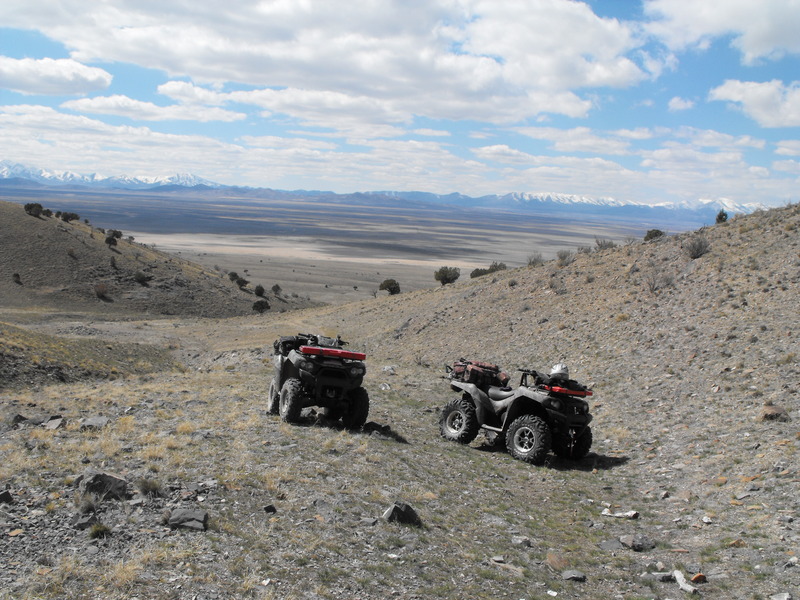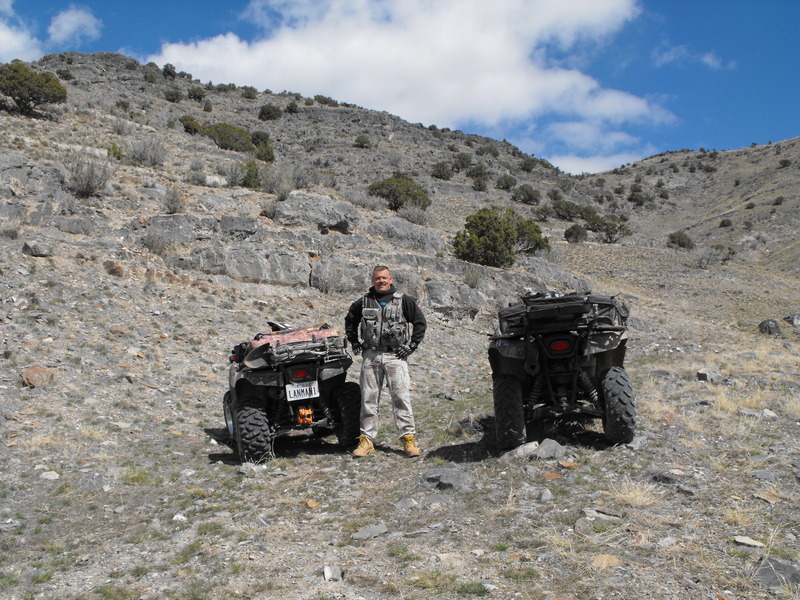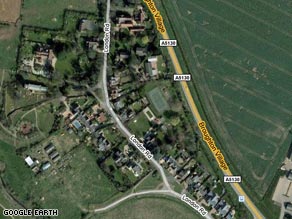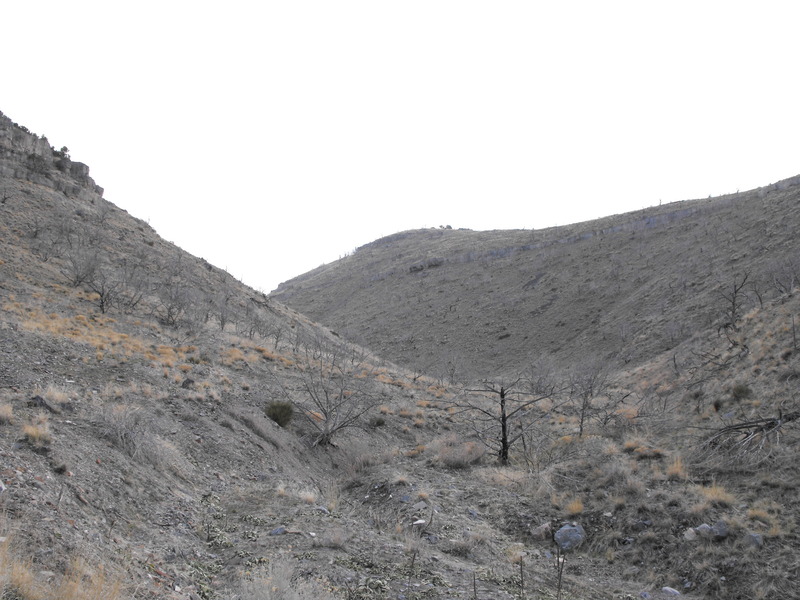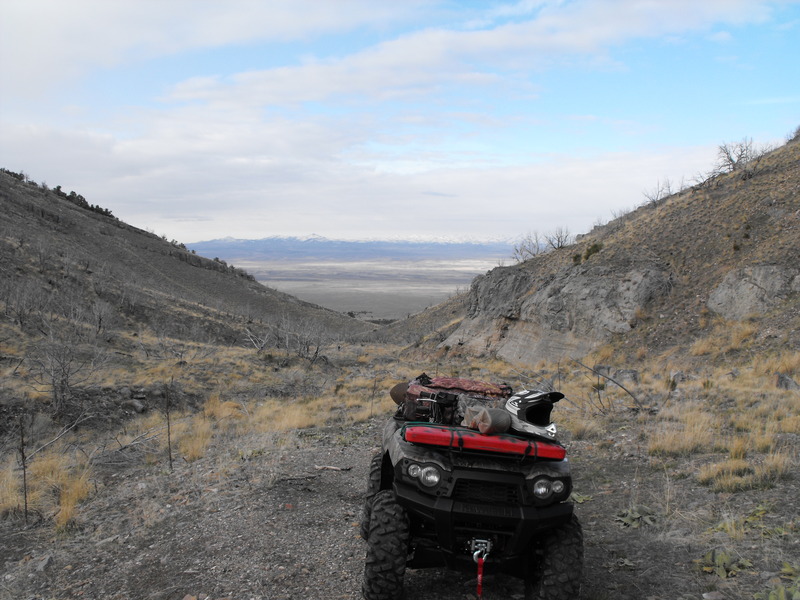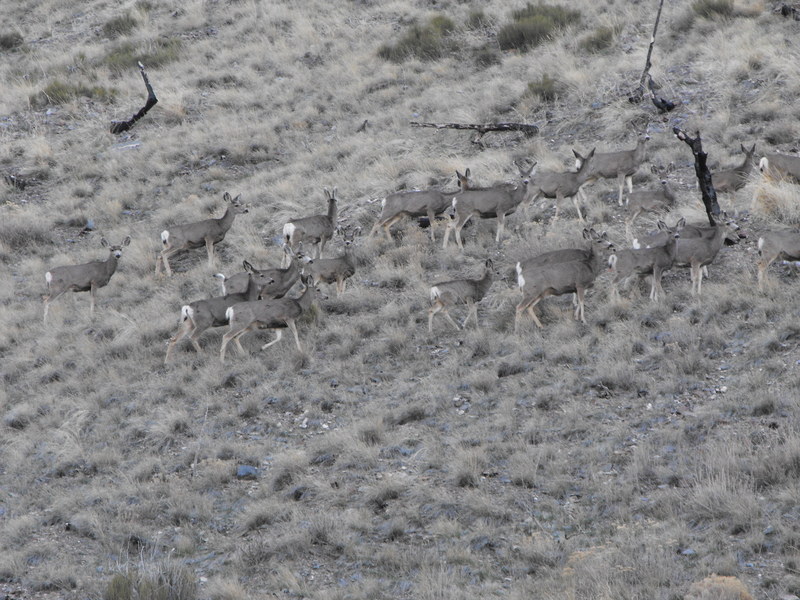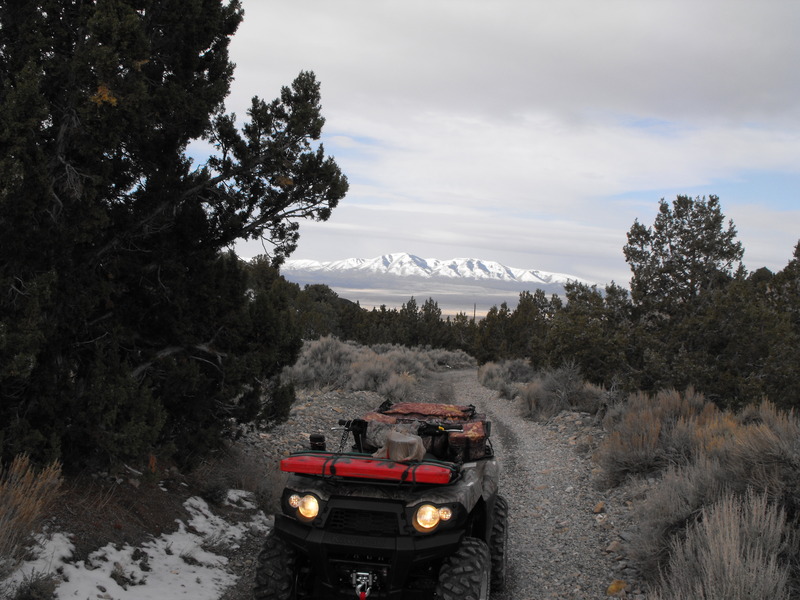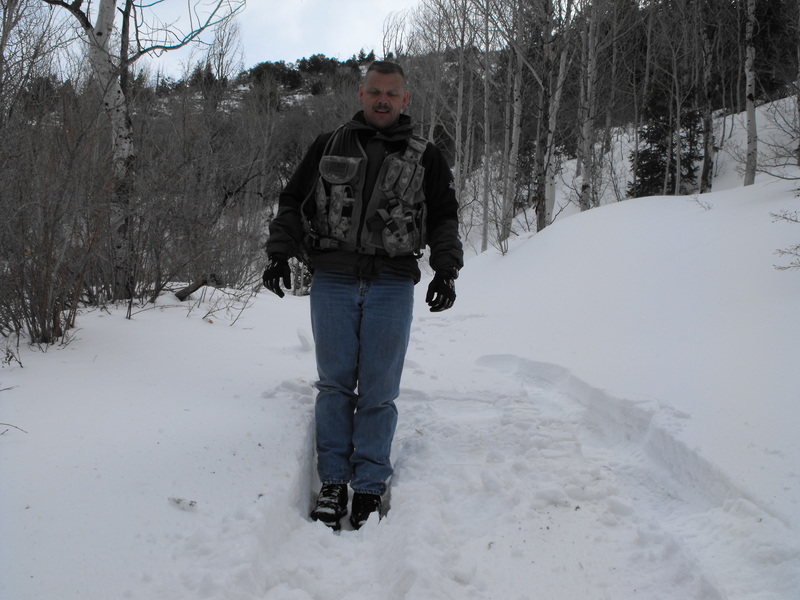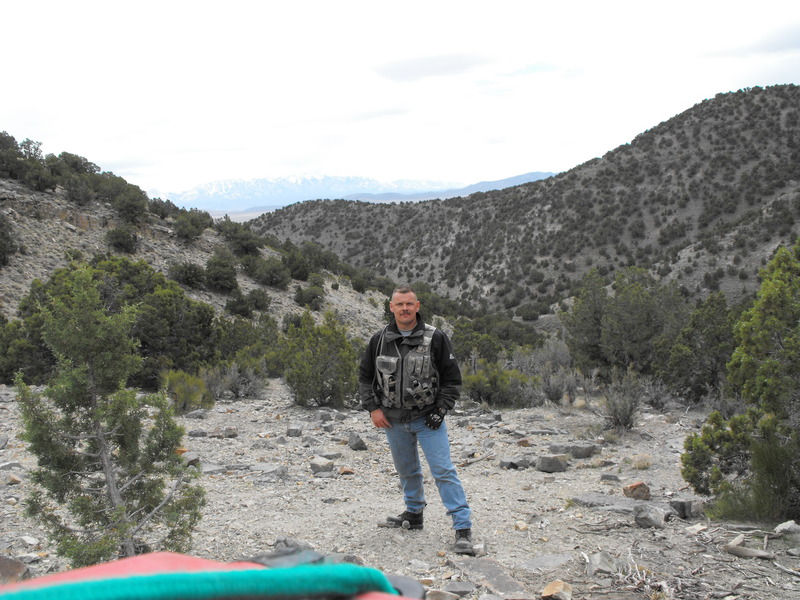Note: We all know that guns kill people, not bad people killing people, so lets ban those bad, bad guns! If the guns are banned, they won't come back to those bad people that use them! Just another excuse to yet again start another weapons ban. When will our government learn?
----
MEXICO CITY, Mexico (CNN) -- Reviving a ban on assault
weapons and more strictly enforcing existing gun laws could help tamp
down drug violence that has run rampant on the U.S.-Mexican border,
President Obama said Thursday.
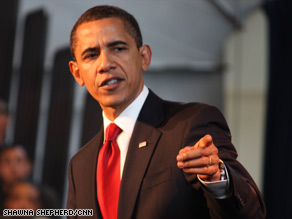
"We can respect and honor the Second Amendment while dealing with assault weapons," Obama says in Mexico.
Speaking alongside Mexican President Felipe Calderón, Obama said he has
"not backed off at all" on a campaign pledge to try to restore the ban.
It was instituted under President Clinton and allowed to lapse by
President George W. Bush.
"I continue to believe that we can
respect and honor the Second Amendment right in our Constitution -- the
rights of sportsmen and hunters and homeowners that want to keep their
families safe -- to lawfully bear arms, while dealing with assault
weapons that, as we know here in Mexico, are used to fuel violence,"
Obama said.
Obama and Calderón spoke after completing a wide-ranging meeting that included talk of the deadly border situation.
Calderón said that the link between Mexican drug violence and the U.S.
ban on 19 types of military-style semi-automatic rifles -- which lapsed
in 2004 -- is clear.
"From the moment the the prohibition on the
sale of assault weapons was lifted a few years ago, we have seen an
increase in the power of organized crime in Mexico," Calderón said.
He said that more than 16,000 assault weapons have been seized in the
crackdown on drug traffickers, with almost 9 in 10 coming from the
United States.
Some observers have said Obama
may be slow to reintroduce the ban in Congress, where it would be sure
to spark a fight at a time when his administration needs all the
political clout it can muster to push its aggressive economic recovery
efforts.
Calderón acknowledged the debate's thorny nature.
"We know that it is a politically delicate topic because Americans
truly appreciate their Constitutional rights," he said. "As long as we
are able to express clearly what our problems in Mexico are, then we
might be able to also seek a solution that respects the constitutional
rights of Americans, that at the same time will avoid organized crime
becoming better armed in our country."
Obama said he has asked
Attorney General Eric Holder to study how current gun laws are enforced
and whether loopholes in some can be tightened. He said laws already on
the books should restrict the flow of weapons into Mexico.
Obama
and Calderón said their discussions ranged from working together to
combat global climate change, to efforts at comprehensive immigration
reform. Obama noted his two votes as a U.S. senator for reforms was
backed by then-President Bush but shot down by Bush's fellow
Republicans over what they called an "amnesty" provision for illegal
immigrants.
"For those immigrants who have put down roots --
they have come here illegally -- I think they need to pay a penalty for
having broken the law. They need to come out of the shadows. Then we
need to put them through a process where, if they want to stay in the
United States, they have an opportunity to earn it," Obama said.
Calderón said the key to reducing illegal immigration is to grow jobs in Mexico, which he pledged to do.
But much of their talk centered on the drug violence.  Watch report on President Obama's trip »
Watch report on President Obama's trip »
Since taking office in 2006, Calderón has worked to root out government
corruption and crack down on the drug cartels that hold sway in many of
Mexico's border regions. That, combined with ramped-up power struggles
and turf warfare, has contributed to a rash of violence that has led to
more than 1,000 deaths this year.
Obama commended Calderón on the steps his government has taken.
"But I will not pretend that this is a Mexican responsibility alone,"
he said. "A demand for these drugs in the United States is what is
helping keep these cartels in business. This war is being waged with
guns not purchased here but in the United States."
Obama said
he'll urge fast-tracking of the three-year, $1.4 billion Merida
Initiative, a joint security plan between the United States, Mexico and
other Latin American countries in which U.S. equipment, technology and
expertise are used toward combating the drug trade.
Speaking
to CNN en Español, Obama lauded Calderón as having done "an outstanding
and heroic job in dealing with what is a big problem right now along
the borders with the drug cartels."
Asked whether the United
States is partly to blame for the violence along the border, Homeland
Security Secretary Janet Napolitano said, "there certainly is a
relationship. You can't deny it."
In Mexico City on Thursday,
she said, "What we're working to do is to work to stop the flow of guns
and cash into Mexico that are helping fuel these cartels, but also
we're working at the border to make sure that the spillover violence
doesn't occur in our own cities and communities."  Watch what Napolitano says about the U.S.-Mexico drug link »
Watch what Napolitano says about the U.S.-Mexico drug link »
Napolitano said the United States also must ensure that it is enforcing
immigration laws on employers who "consistently go into that illegal
labor market in order to exploit it."
E-verify, an electronic
employment eligibility verification system, must be an integral part of
immigration enforcement, she said.
Obama is to travel later in the week to the summit for meetings with Latin American leaders. While on the trip to Latin America, Obama said he seeks to engage in talks with the region's leaders as equals.
"Times have changed," Obama said Wednesday.
He refused to criticize the leaders of Bolivia, Ecuador and Venezuela,
who have taken measures to change their constitutions to extend their
holds on power.  Watch as President Obama arrives in Mexico »
Watch as President Obama arrives in Mexico »
"I think it's important for the United States not to tell other
countries how to structure their democratic practices and what should
be contained in their constitutions," he said. "It's up to the people
of those countries to make a decision about how they want to structure
their affairs."
He said he believes that the United
States has a leadership role to play in the region, but he qualified
that role this way: "We also recognize that other countries have
important contributions and insights."
He
added, "We want to listen and learn as well as talk, and that approach,
I think, of mutual respect and finding common interests, is one that
ultimately will serve everybody."

